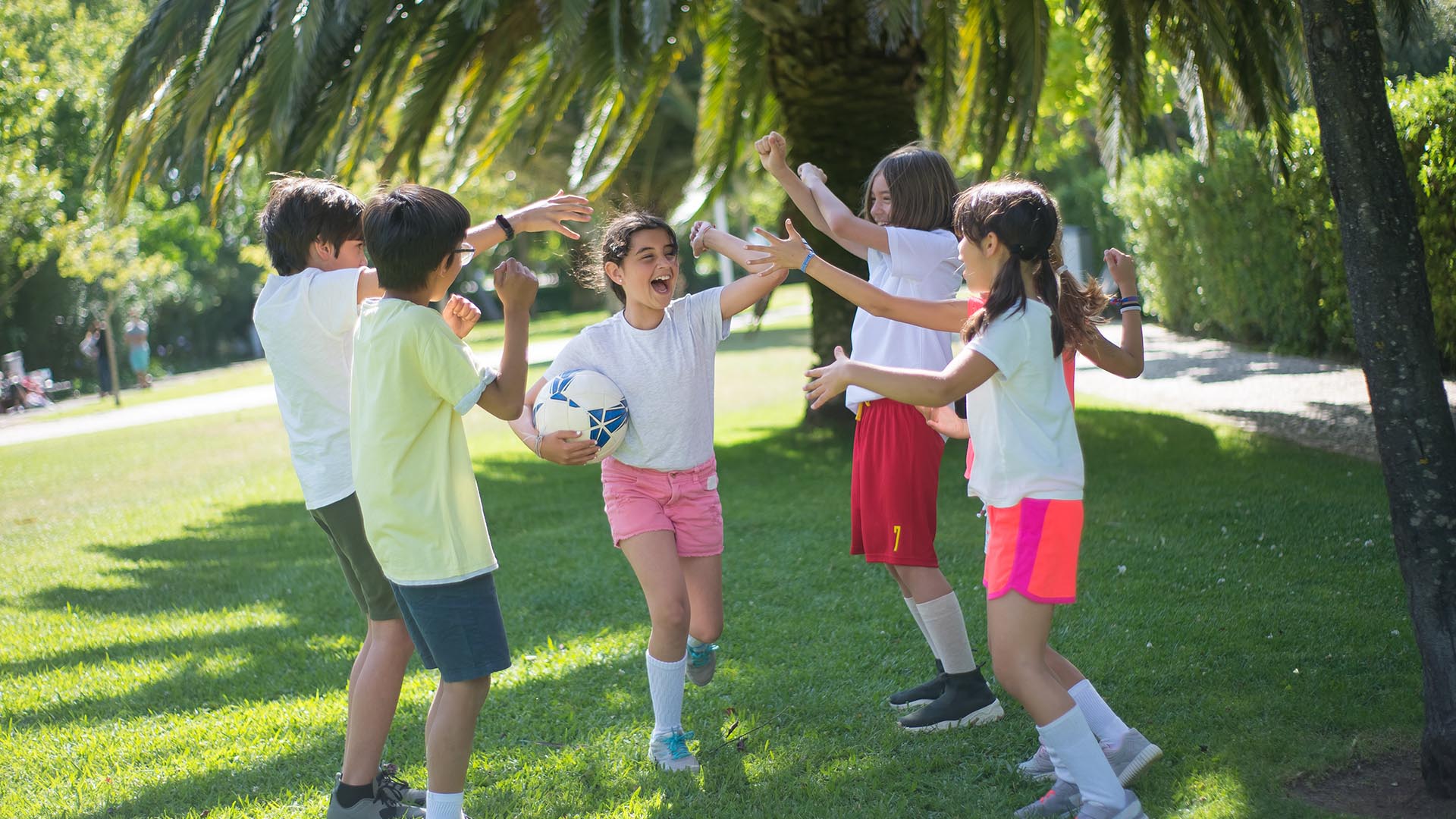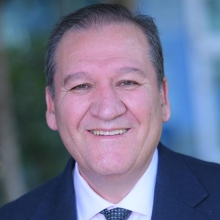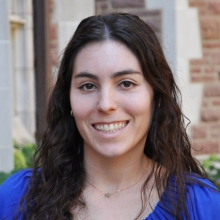Family, Responsibility, Education, Support, and Health for Latino Caregivers (FRESH-LC)
Diseases or Conditions Being Studied
Childhood obesity, minority health
Communities of Focus
Latino children ages 5 to 12 years of age
Study Site
Southern California
Study Objectives
The objective of this proposed study is to collect initial efficacy data on a telehealth family-based behavioral program for Latino children with overweight or obesity, which also includes additional caregiver support (PBT-AC), compared with health education (HE).
Intervention or Treatment
- Parent-based treatment- All caregivers (PBT-AC): PBT-AC includes the elements of family based behavioral treatment for obesity, delivered exclusively to caregivers as the agents of change, via telehealth.
- Health Education (HE): This program provides information about nutrition, physical activity, sedentary behavior, sleep, emotions, and stress via telehealth.
Abstract
Latino children have higher rates of overweight and obesity (OW/OB) and related chronic diseases, such as type 2 diabetes, non-alcoholic fatty liver disease, and dyslipidemia. This disparity starts early in life, persists into adulthood, and is associated with a myriad of negative cardiometabolic and psychosocial health consequences. At present, the most effective program for weight management in children is family-based treatment (FBT), which is delivered to the target child and a parent (typically the mother).
An emerging strategy is parent-based treatment (PBT), which provides intervention to the parent only, without the child. PBT has several benefits, including decreased treatment costs, developmental appropriateness for younger children and potential for broader dissemination. In ongoing trials, we have found that Latino families attend less visits and consequently treatment in children is less effective. Thus, a tailored program for Latino families is needed that can address cultural values and capitalize on the value of familismo.
The goal of Project 2 is to test the efficacy of a durable, feasible, culturally relevant program to treat OW/OB and reduce chronic disease risk in Latino children and their parents. We propose a randomized clinical trial to compare a telehealth PBT for Latino families with a health education (HE) control group on changes in child and parent weight and chronic disease risk. We will recruit 160 Latino families consisting of at least one parent with OW/OB, at least one other willing caregiver, and a 5-10-year-old child with OW/OB and randomize them to 6-month PBT or control. We will assess outcomes before treatment (month 0), mid-treatment (month 3), post-treatment (month 6), and at 6- and 12-month follow- up.
Specific Aims
- Specific Aim 1 will compare the efficacy of PBT versus control on child weight (BMIz) over 18 months.
- Specific Aim 2 will determine the efficacy of PBT on parent BMI, child and parent diet and physical activity, home food environment, parent feeding behaviors and parenting confidence and self-efficacy.
- Specific Aim 3 will determine the efficacy of PBT on child and parent biomarkers of risk of type 2 diabetes, liver function and dyslipidemia. In an exploratory aim we will evaluate the impact of potential moderators (e.g., parent and child gender and age, acculturation level, parent education) and mediators (e.g., change in home food environment, parent feeding behaviors, family functioning) on intervention efficacy.
In a cross-center aim, data from this Project will be combined with Projects 1 and 3 to examine the multi-level determinants of chronic disease risk in Latino children, and how social and environmental factors affect the response to different types of interventions in Latino families for reducing chronic disease risk.
The development of interventions for Latino children with OW/OB that address cultural values around food and the importance of family structure are needed to increase acceptance and adherence to lifestyle changes, and to improve chronic diseases risk, not just in children but also in parents. Further, delivering this intervention via telehealth will increase the reach of this intervention, decrease family burden, lower the cost and make it more broadly appealing for dissemination to a wider audience.





